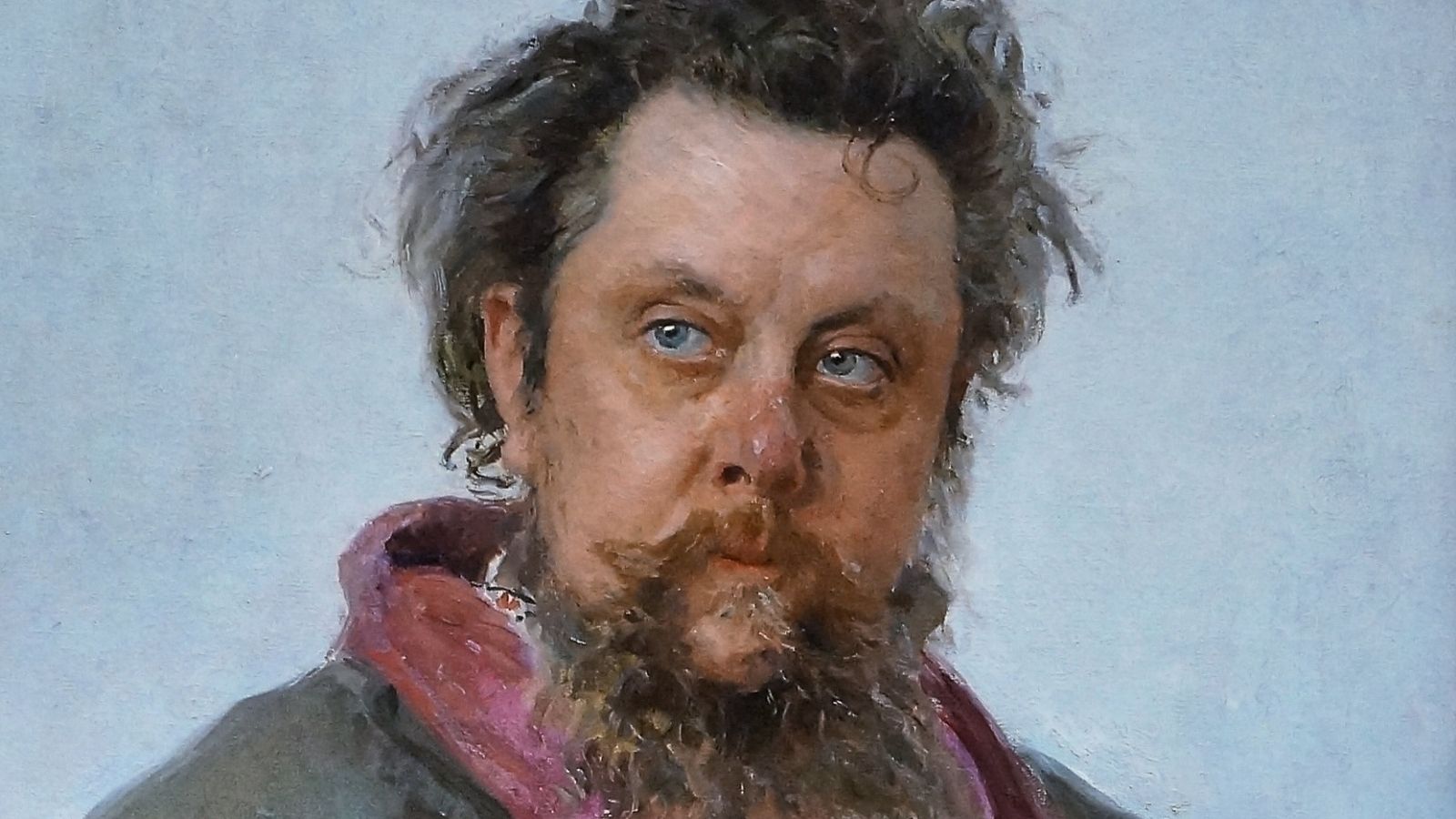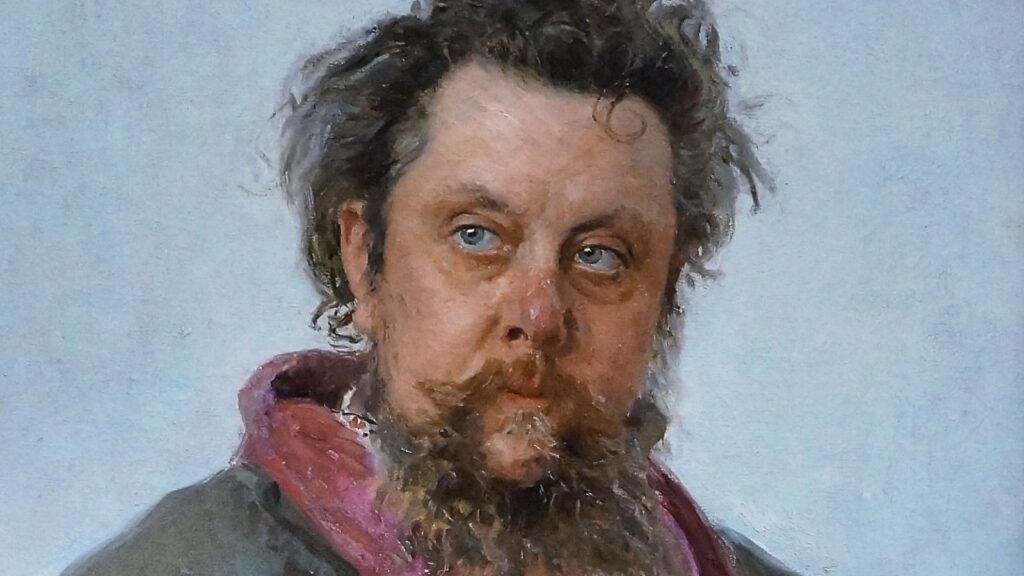Modest Mussorgsky, a prominent Russian composer of the 19th century, left an indelible mark on the world of classical music. Known for his innovative and distinctive style, Mussorgsky’s compositions, particularly those in the nationalist vein, have earned him a lasting place in the canon of great composers. Here are 10 interesting facts about this musical luminary:
- Nationalistic Themes: Mussorgsky was a key figure in the Russian nationalist movement in music. He sought to create a distinctively Russian musical identity, drawing inspiration from folk tunes, legends, and historical events.
- Late Bloomer: Unlike many composers who began their musical education at a young age, Mussorgsky started his formal training relatively late. He enrolled in the Russian Guards’ Cadet School at the age of nine and only began studying music seriously in his early twenties.
- The Mighty Five: Mussorgsky was part of a group of five Russian composers known as “The Mighty Five” or “The Five.” This group, which also included Balakirev, Borodin, Cui, and Rimsky-Korsakov, aimed to promote a distinctly Russian musical style and break away from Western European influences.
- Inspired by Art: Mussorgsky’s most famous work, “Pictures at an Exhibition,” was inspired by visual art. Each movement of the piano suite corresponds to a different painting or drawing by Mussorgsky’s friend Viktor Hartmann.
- Uneasy Career: Mussorgsky struggled throughout his life with a lack of formal musical training and financial instability. Despite composing some of his most famous works, he faced criticism and rejection from the musical establishment of his time.
- Operatic Ambitions: Mussorgsky was passionate about opera and composed several, including “Boris Godunov” and “Khovanshchina.” His operatic works were characterized by a bold and realistic approach to storytelling.
- Famous Literary Connections: Mussorgsky often collaborated with literary figures, setting their works to music. His opera “Boris Godunov” is based on a drama by Alexander Pushkin, and his song cycle “Songs and Dances of Death” is set to poems by Arseny Golenishchev-Kutuzov.
- Personal Struggles: Mussorgsky battled with alcoholism and health issues throughout his life. His struggles with addiction and depression contributed to his untimely death at the age of 42.
- Incomplete Masterpieces: Many of Mussorgsky’s works were left incomplete or in rough sketches at the time of his death. Other composers, including Rimsky-Korsakov, made efforts to edit and complete some of his compositions posthumously.
- Legacy and Influence: Despite the challenges in his life, Mussorgsky’s compositions have endured and continue to influence generations of musicians. His unique harmonic language and exploration of Russian themes have left an indelible mark on the history of classical music.


Comments are closed